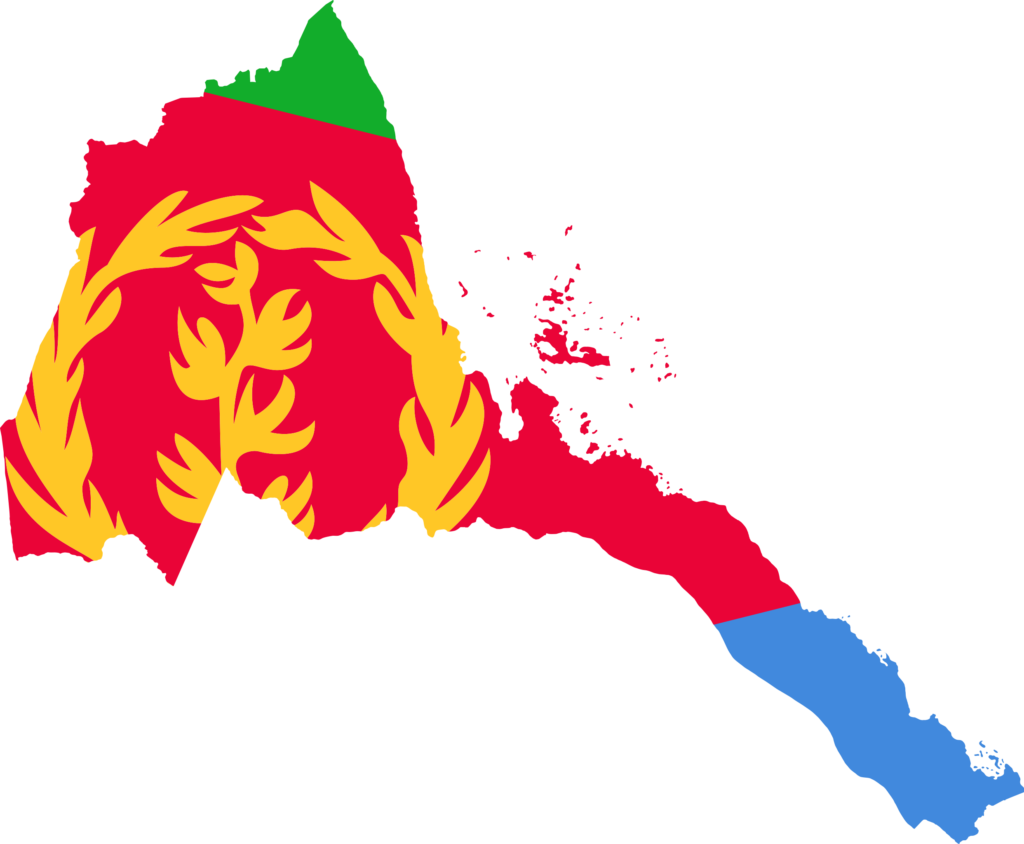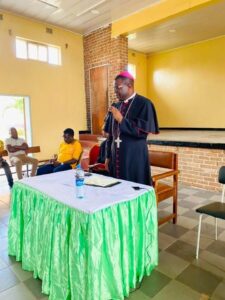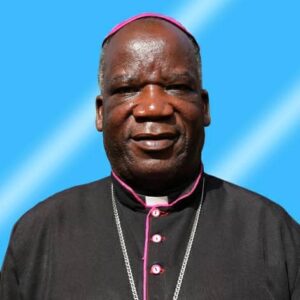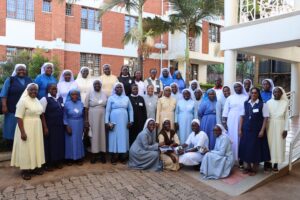ERITREA: Catholic Hierarchy Express Opposition to Same-sex Blessings, Adding The Declaration Is Disrespectful to Spirit of Synodality

Sr. Jecinter Antoinette Okoth, FSSA
After the release of the declaration on same-sex blessing by the Dicastery for the Doctrine of the Faith titled “Fiducia Supplicans” (The supplicating trust), members of the Council of Catholic Hierarchy in Eritrea just like most conferences in the African continent were irked with the Vatican document stressing that it has disrespected the Spirit of the ongoing Synod.
Expressing their incredulity about the document, the Eritrea council members said that the declaration was released shortly after the 2023 October Assembly, when the synod process had highlighted that the decisions (when needed), will be made in the second phase of the Synod in 2024.
The Synod on Synodality which focuses on listening, dialogue, and Spiritual conversation, is a three-year process that commenced with a solemn opening in Rome, October 2021 and is expected to conclude in October 2024.
“This document was issued soon after the closure of the first phase of the 16th Ordinary Assembly of the Synod of Bishops that was celebrated in Rome between September 30th and October 29th, 2023. We feel that the declaration is a slap in the face and disrespectful to the Synod and to the spirit of Synodality upon which we prayed and reflected so much.”
They raised several questions in their statement dated Monday, January 1, concerning the controversial document asking: What happened to Syn-Hodos, or walking together in communion, mission, and participation? What happened to the “conversation in the Spirit” and “actively listening to each and everyone”? Whatever happened to transparency?
According to the Council of Catholic Hierarchy in the Horn of Africa, the Vatican document seems to favour some parts of the world and disregards others and the synod objective which calls for inclusivity.
“This document is also one-sided and biased in the sense that it tries to respond to pastoral questions that are being faced mainly in some parts of the world, but totally ignores the religious, social, and cultural sensitivities in many other parts of the world,” reads part of the statement signed by the President of the Council of Catholic Hierarchs Archbishop Menghesteab Tesfamariam.
“This clearly goes against the spirit of synodality which advocates for inclusiveness, listening, and calls for the involvement of all sectors of the Church,” the statement continues.
The member of the Comboni Missionaries of the Heart of Jesus (MCCI) and the Local Ordinary Asmara Archdiocese, narrated further on behalf of the council members, that the document “is simply yielding to current political, ideological, and materialistic pressures exerted upon the Church in specific parts of the world.”
In this case, the Council of Catholic Hierarchs note, in reference to St. Paul’s message to the Romans (Rm. 12:2), that “We should have carefully listened to St. Paul who said: “Do not conform yourselves to this age but be transformed by the renewal of your mind, that you may discern what is the will of God, what is good and pleasing and perfect.”
Besides, they questioned why the Declaration was issued for the Universal Church while the bone of contention is mainly a concern in some parts of the world.
Accordingly, the officials noted that the ambiguity of the document, opens a door to “serious misunderstandings, and creates much confusion in the people of God, with the risk of causing deep rifts among local Catholic and non-Catholic Churches,” since many people cannot distinguish between liturgical and non-liturgical blessings, the descending and ascending blessings which the document talks about, leading to a situation which “can even encourage the abuse of blessings.”
The members of the Council acknowledge that the Catholic doctrine on the Sacrament of Marriage is clearly maintained and not changed as per the Vatican’s declaration. At the same time, the document expounds on the various types of blessings in the liturgy, the Scriptures, and Theology, an act which is a common practice for Religious leaders and elderly people who normally bless people spontaneously on special occasions.
In their message, they further agreed with the part of the document that insists on the “Church being the Sacrament of mercy and pastoral maternity, saying, “We think no one denies this. In fact, the Church has always done and is doing this with everyone who comes to her in humility and repentance (since) pastoral care should not be denied to anyone.”
“What is not approved is the blessing or endorsing an irregular relationship between a man and a woman or, the unnatural relationship of persons of the same sex.” In this case, they explained, “Aren’t we saying indirectly, that the Church has accepted same-sex relationships as normal and natural? This is the real question!”
The problematic issues in the document that are confusing and contradict the message issued on February 22, 2021, they said, is on “Blessings of Couples in Irregular Situations and of Couples of the Same Sex.”
“At least in our place, for the common person, blessing a couple is clearly blessing the relationship between the two individuals. We cannot change it by hypothesizing on the thin line,” the message released on the first day of the New Year read and continued, “It rather makes it appear self-contradictory and deceptive, thus putting at stake the credibility of the Catholic Church.”
“This clearly goes against the bi-millennial teaching of Holy Scripture, Catholic Tradition, and the Church’s magisterium, as well as the clearest instruction of the Catechism of the Catholic Church on this issue,” they added.
With this backdrop, the Council of the Catholic Hierarchs sternly warns that “No priest of the Ge’ez Rite Metropolitan sui iuris Catholic Church-Eritrea, serving within Eritrea or in the Diaspora, is allowed to bless the above-mentioned couples.”
They pray that the Church will find the right solution to all the havoc created by the document.


